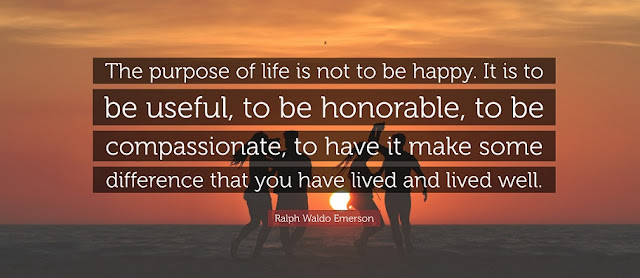This post’s title comes from a new book by three sociologists and some of the article’s content is my reflection on a new novel.
Beyond Doubt: The Secularization of Society (2023)
is a scholarly work authored by three sociologists.* One of the three is Phil Zuckerman, a professor of
sociology and secular studies at Pitzer College in Claremont, California.
Many large, public universities have Religious Studies
departments. For example, my daughter Karen is the head of the Department of
Religious Studies and Classics at the University of Arizona.
But in 2011, Zuckerman founded the Secular Studies department
at Pitzer, the first college academic program in the nation dedicated
exclusively to studying secular culture.
Zuckerman is also the author of several books on secularity,
including Living the Secular Life (2014) and What It
Means to Be Moral: Why
Religion Is Not Necessary for Living An Ethical Life (2019).
He can also be found on YouTube, speaking on various secular or
agnostic/atheist sites. For example, here is the link
to his March 31 talk titled “How Secular Values Will Save the USA.” It is an
attractively presented talk, and I agreed with much of what he said.
However, I was also “turned off” by that talk: even though he is an academic, Zukerman came across as an “evangelist” for secularity and presented misleading “facts.” As often happens, he presented the best examples of secular morality and the worst examples of religious morality.
Heaven & Earth (2023) is a challenging novel by Joshua Senter (b. 1979), who was born in the Missouri Ozarks and reared/homeschooled in a fundamentalist Christian home
.Senter’s book is about a disgraced megachurch pastor Sam, who was born near Conway, Mo., a small town on Route 66 and about 40 miles west of the author’s hometown.
But even more, Heaven & Earth is about Sam’s wife
Ruth, who was abandoned by her hippy mother and raised by her devout Christian grandmother.
Until the last chapter, Ruth is also an exemplary Christian, but she jettisons
her faith to embrace the secular worldview of her mother.
The sociologists’ book documents how religion is currently losing
out to secularization and Senter’s novel depicts how that happened in the case
of one particular Christian believer.
Religion is not always good and secularization is not
always bad (as many religionists imply). But the opposite is also true:
secularization (=secularism) is not always good and religion (=faith) is not
always bad (as many secularists imply).
As I have often emphasized, secularization is better than
secularism and faith is superior to religion.**
I agree with the sociologists: the further secularization of American
society is quite surely “beyond doubt.” But that is not necessarily a bad thing.
Secularization is an antidote to the current widespread advocacy of (White)
Christian nationalism, and it helps ensure the freedom of religion for all
citizens.
And I agree with the strong emphasis of Ruth’s mother in the
novel: we need to embrace the joy of living now instead of focusing only the
“life beyond.”
However, I strongly disagree with Zuckerman’s insistence that
secular morality is (always) good and religious morality is (always) bad. He
even says that it is not only possible to be moral without belief in God,
theistic belief is often a barrier to morality.
Zuckerman’s negative view of religion seems to be based
largely on the errors and excesses of conservative (fundamentalist)
Christianity. (Sad to say, Pat Robertson, who died on June 8, did incalculable
damage to U.S. Christianity.) But Zuckerman mostly neglects other forms of
Christianity.
And in the novel, an atheistic nurse tells Ruth that “living
for today as opposed to living for some future grandeur [that is, Heaven]” is a
gift, “a wonderful realization. Life is suddenly so potent” (p. 217). That is
the view that Ruth adopts at the end of the book.
But it doesn’t have to be either/or. It is certainly possible
to believe in Heaven and to fully appreciate/enjoy the grandeur of life in this
world now.
Perhaps everything is sacred (religious) and nothing is profane (secular), as Fr. Richard Rohr contends in his insightful “daily meditation” for June 12.
_____
* The authors are Isabella
Kasselstrand, Phil Zuckerman, and Ryan
T. Cragun. Zuckerman (b. 1969) is the oldest and most prominent of the three.



.jpg)








.jpg)